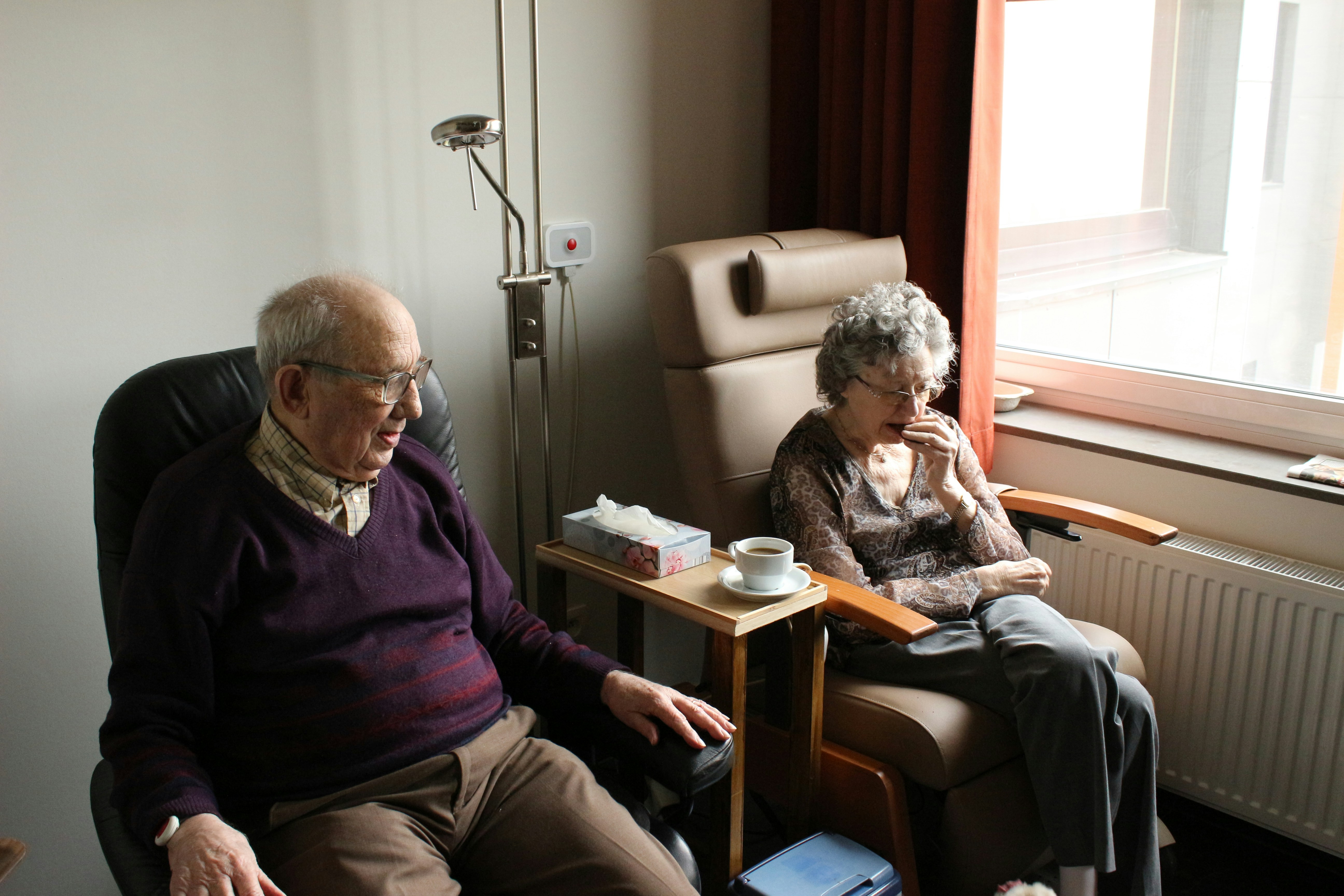Australia’s population is aging. Seniors, who are at least 65 years of age, account for 15% of the country’s population. These individuals typically have medical needs and are more likely to require emergency medical treatment than any other age group.
As your parents age, it is important to develop a healthcare strategy so you can look after your parents’ needs and respond effectively in the event of a medical emergency.
Gather Relevant Information

You need to gather essential personal data, including your parents’ legal names, date of birth, government identification, health insurance details, and address. Include their Medicare plan information and identification number. Once you have this information listed, you will want to add relevant details, such as next of kin and contact information for next of kin.
Next, gather medical information. You should name your parents’ physician and include contact information for their doctor. Make a complete list of your parents’ health issues, including diagnoses and allergies. You may include test results with this information. In the event that your parents are in an accident, you will now have easy access to the most recent medical data that emergency medical professionals may need to know in order to prevent complications while treating your parents’ needs. Finally, add the name and contact information for any other medical professionals your parents’ see, such as physical therapists, audiologists, and optometrists.
You can opt to create a healthcare binder with this information, or you can scan relevant documents and prepare a file that can be accessed on your smartphone, tablet, or computer.
Have Appropriate Insurance
Review your parents’ existing insurance plans. This includes their life, health, homeowners, and automobile insurance. You should familiarize yourself with your parents’ current plans and address any gaps in coverage. Gather all of the insurance information together. Your parents may also need to inform their insurance company that you are authorized to handle their policies. You can add this information to the binder or file you created to store your parents’ personal and medical data.
You should also consider whether your parents may need ambulance cover included in their insurance. You can compare ambulance cover with iSelect to determine the best ambulance service plan to meet your parents’ needs. With ambulance coverage, you can prevent costly bills if your parents have an emergency and need to be transported to the hospital.
Handle Legal Matters

Your parents should have a living will, also known as an advance healthcare directive. A living will documents their wishes for care under specific circumstances if they are unable to make their own medical decisions. For example, if one of your parents is in a coma following a car accident, the living will would outline what doctors are and are not allowed to do. A living will can prohibit medical professionals from using feeding tubes or ventilators.
You may also need your parents to declare a guardian and complete legal paperwork to allow you access to their medical information. They should also see an attorney and ensure their will is up to date, and determine who has power of attorney (POA) over their finances. All legal information should be added to the healthcare binder or file you started.
Consider Ongoing Care

Create another section in your parents’ healthcare binder or file and list the name and address of their regular pharmacist. Next, document each type of medication your parents’ take. You may need to break this list into sections, including medications taken multiple times a day, medications taken daily, and medications taken on an occasional basis. You will need to update your parents’ medication list regularly as they age. You may also need to develop a system to ensure that they refill their medication. You should also include any prescribed exercises or activities your parents are supposed to perform in this section. For example, if one of your parents has spine conditions, they may need to complete specific stretches on a daily basis. Exercises can help people retain mobility and improve their circulation.
You may determine that your parents are unable to perform some of the routine tasks they used to do, including house cleaning or driving. You can opt to hire a home health aide to come to their residence and perform routine medical tasks, such as checking their blood pressure, giving them medication, and driving them to medical appointments. You may also hire a personal care aide to help them with cooking, cleaning, and other personal needs, such as shopping.




